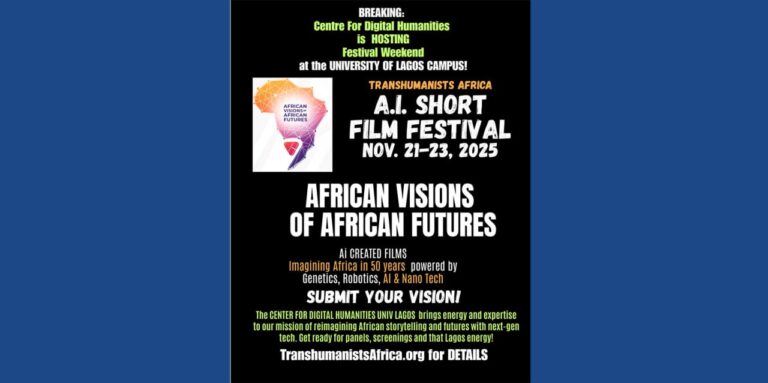The Alliance Ethio-Française played host to a unique artistic journey on May 17 with the opening of “Taxi Rimbaud: An Image in Motion,” a one-night-only exhibition by French artist Emmanuel Benoit. The event celebrated the life and legacy of legendary French poet Arthur Rimbaud, reimagined through the lens of Ethiopia’s vibrant taxi culture and contemporary art.
Arthur Rimbaud, born in 1854, is renowned for his poetic genius and restless spirit. After abandoning literature at the age of 21, he spent much of the 1880s in Harar, Ethiopia, chasing his dream of living intensely and exploring the unknown. It is this chapter of Rimbaud’s life that inspired Emmanuel Benoit, who first moved to Addis Ababa in 2016 and became captivated by the city’s iconic blue Lada taxis.
Benoit’s fascination with Rimbaud and Ethiopian urban life culminated in an ambitious project: pasting a reimagined, dynamic portrait of Rimbaud onto hundreds of Addis Ababa’s taxis, as well as the classic Peugeot 404 taxis of Harar. “I created a round, more dynamic image, slightly different from the iconic photograph taken by Carjat in 1871, and the idea was to keep the image in motion,” Benoit explained.
Returning to Ethiopia in 2023, Benoit took the project further by purchasing a Peugeot 404 taxi in Harar—an emblem of Ethiopian automotive history—and driving it across the country to Addis Ababa. This remarkable journey, echoing Rimbaud’s own expedition to Shoa in 1887 to meet Emperor Menelik at Entoto, became central to the exhibition.
“My exhibition is a unique opportunity to celebrate contemporary art, Ethiopian history, and the wonderful adventure of driving my Peugeot 404 taxi through the country’s breathtaking landscapes,” Benoit said in his exhibition statement. “This journey is a nod to Arthur Rimbaud’s expedition to Shoa in 1887 when he went to Entoto to meet Menelik. It took me three days in November 2024 to reach Entoto from Harar.”
The centerpiece of the exhibition was the very Peugeot 404 taxi that made the journey, transformed from a working vehicle into a striking art object. The event also featured a film shot on super 8, offering an artistic vision of the cross-country drive, and large-format photographs highlighting the elegant design of the Peugeot 404, styled by Italian designer Pininfarina.
“Taxi Rimbaud” invited visitors to reflect on the intersections of history, movement, and creativity—honoring both Ethiopia’s rich cultural tapestry and the enduring mystique of Arthur Rimbaud. The exhibition stood as a testament to the power of art to bridge continents and centuries, keeping the spirit of exploration and innovation very much in motion.





